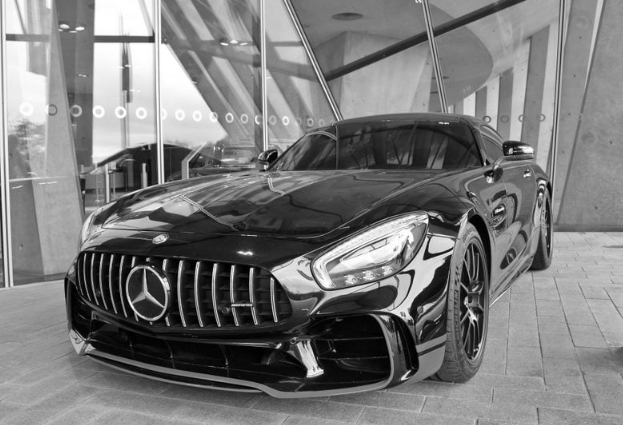6 Pros and Cons of Owning A Luxury Car

In the UK alone, the luxury car industry’s revenue is projected to reach $1,077.00m in 2023. Reports also show that the sale of supercars has skyrocketed in light of low-cost finance and an urge to live a life of luxury. Like with any luxury purchase, you want to be confident that you’re making the right decision.
With this in mind, it’s worth taking time to consider the pros and cons of owning a luxury car.
Advantages
Superior performance: From having more cylinders to more powerful engines, there’s no denying that owning a luxury car is a dream for many car enthusiasts. Expect almighty horsepower and when it comes to the engine – most tend to offer V8.
Comfortable: With luxury cars, you’ll not only drive a car that looks safe, but you’ll also be driving one that feels great too. Think comfortable seats with heating, multi-zone climate control and smooth handling that make long journeys a lot more comfortable.
Advanced safety features: The safety features of a luxury car are unrivalled. Beyond standard airbags, many come with traction control and side-front airbags amongst other functions. To ensure all these features are in-check, many opt for an interim car service to help maintain their car.
Added prestige: Undoubtedly, luxury car drivers will have great pride in their wheels. Owning a car like this is a big statement that many people dream of working towards. You’re bound to get looks of admiration from passersby.
Disadvantages
Maintenance and repair struggles: As is typical with more expensive cars, maintaining them can be an expensive task. Suppose you need a part repaired or replaced. In that case, you will likely have more limited options, as some garages won’t be capable of dealing with cars like these. And even after you find somewhere that’s capable, the likelihood is that they’ll need to order in expensive parts. Luxury dealers will inevitably cost more too.
Potential depreciation: As with any vehicle, depreciation in value over time is a natural part of the process. However, luxury cars cost significantly more, which means that depreciation feels significantly more jarring. For example, 50% depreciation will be significantly larger for an expensive car than a cheaper, standard car.
Increased fuel costs: Inevitably, more powerful cars tend to require premium fuel, which means that they are more expensive to run in this respect too. It’s important to factor this in on top of the initial cost of the car.
Insurance costs: With such a premium vehicle, you should expect higher insurance premiums as companies need to cover the costs of a possible payout if you’re involved in an accident. As with all car insurance, other factors can come into play, such as past claims, your postcode, or whether you have off-road parking or a garage.
